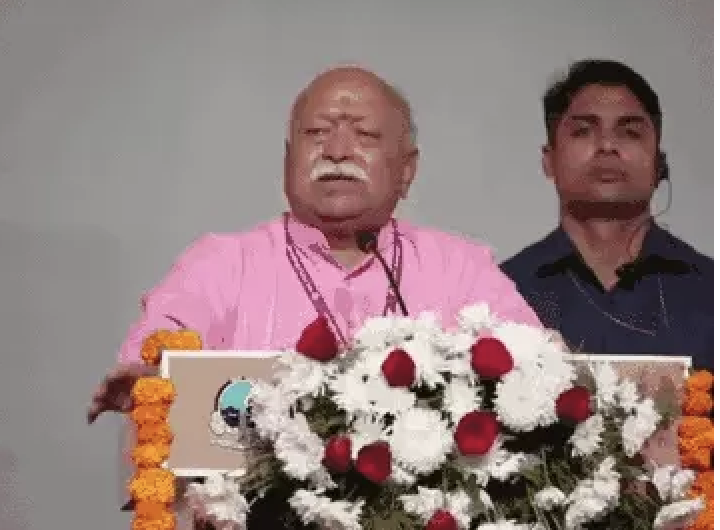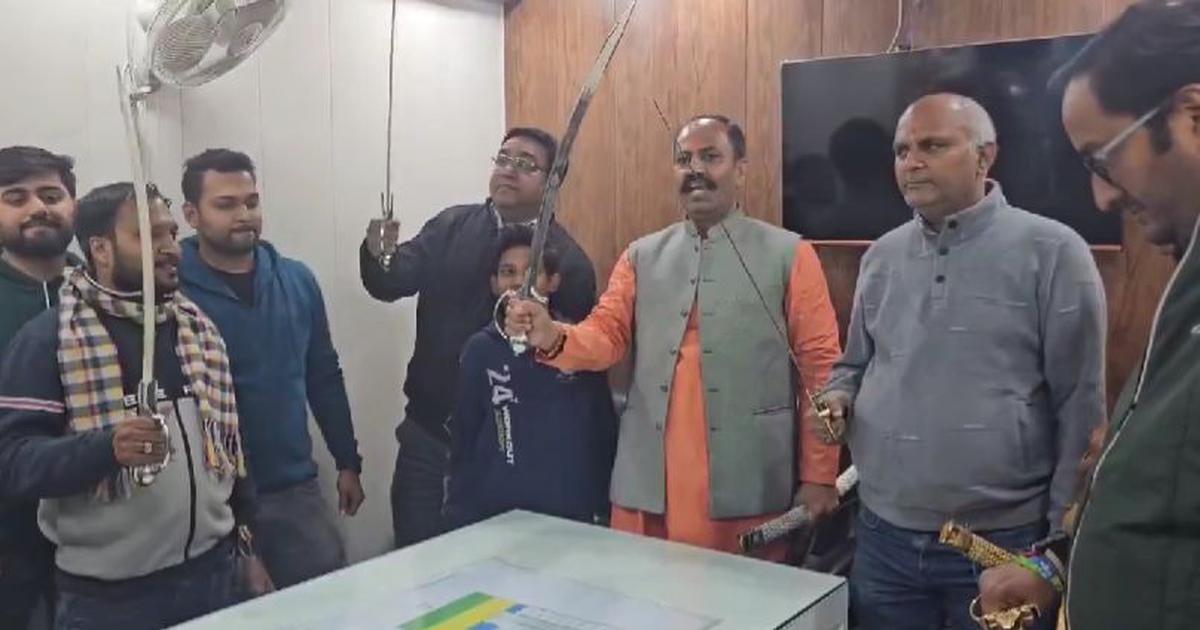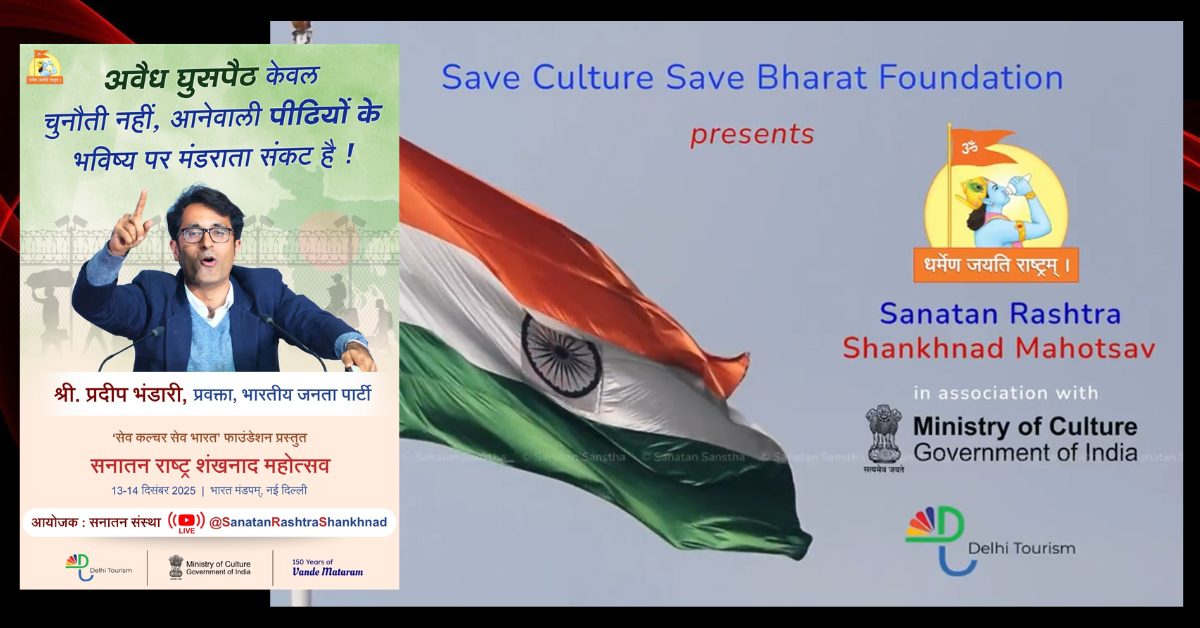Whatever K.N. Panikkar’s view of the sangh parivar, it has played a very important role in spreading Vivekananda’s vision and message (“ >Vivekananda’s legacy of universalism,” April 10). The one-year long programme organised by the RSS to commemorate his 150th birth anniversary is a glittering example of this.
In the sangh, Vivekananda is seen as a role-model and workers are encouraged to imbibe his values. We cannot deny the central role of the sangh and its senior pracharak Eknath Ranade in the construction of the famous Vivekananda Rock Memorial at Kanyakumari.
S. Bijuram,
Palakkad
Mr. Panikkar looks at Vivekananda’s universalism through his ideological glasses. Vivekananda’s perception of religious universalism is based on his elucidation of “practical Vedanta,” the realisation of the Infinite through karma marga, detached action. The writer’s contention that Vivekananda initiated a movement based on “individual worship” as against the “congregational worship “ of Rammohan Roy and the other leaders of Hindu revivalism is questionable. Vivekananda was the main inspiration behind the Ramakrisna Mission in which worship has been always related to service to humanity.
Though Swamiji was critical of the self-centredness, apathy, deliberate cruelty, superstition and smugness of Hindu society, he was not prejudiced against any particular “class” as such but against the evil in society. In other words, his attitude was that of a reformer, not a destroyer of the time-honoured spirituality and humanism of Hinduism.
Jacob George,
Changanacherry
If one were to ask Vivekananda whether he was a Hindu or Universalist, what would he say? I am a Universalist, not a Hindu or that I am a Hindu and, therefore, a Universalist?
The second sentence of his Chicago speech reads: “I thank you in the name of the most ancient order of monks in the world; I thank you in the name of the mother of religions; and I thank you in the name of the millions and millions of Hindu people of all classes and sects.”
B.M. Srinivasa Rao,
Bangalore
Mr. Panikkar has rightly called the bluff of the saffron forces that project Vivekananda as their icon. While the young Narendranath experimented with hookahs used by different religious communities to see whether one would really “lose” his caste or religion, the mature Vivekananda advocated universal brotherhood. Although Vivekananda was a proud Hindu and an Indian, he did not shy away from pointing out the vices that plagued the religion and the nation. He never projected Hinduism and India as superior to others; rather his true love for his own religion and country got translated into love and respect for all religions and humanity as a whole.
Kajal Chatterjee,
Kolkata






